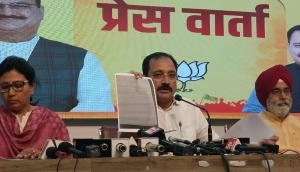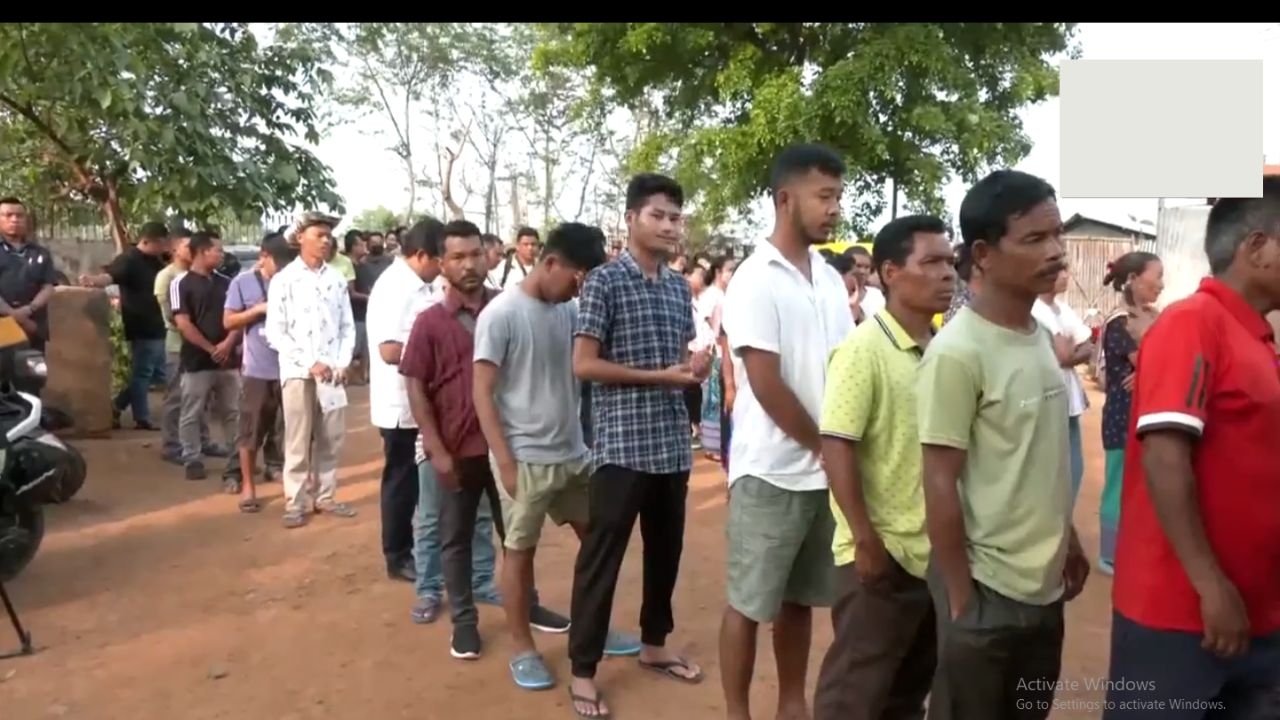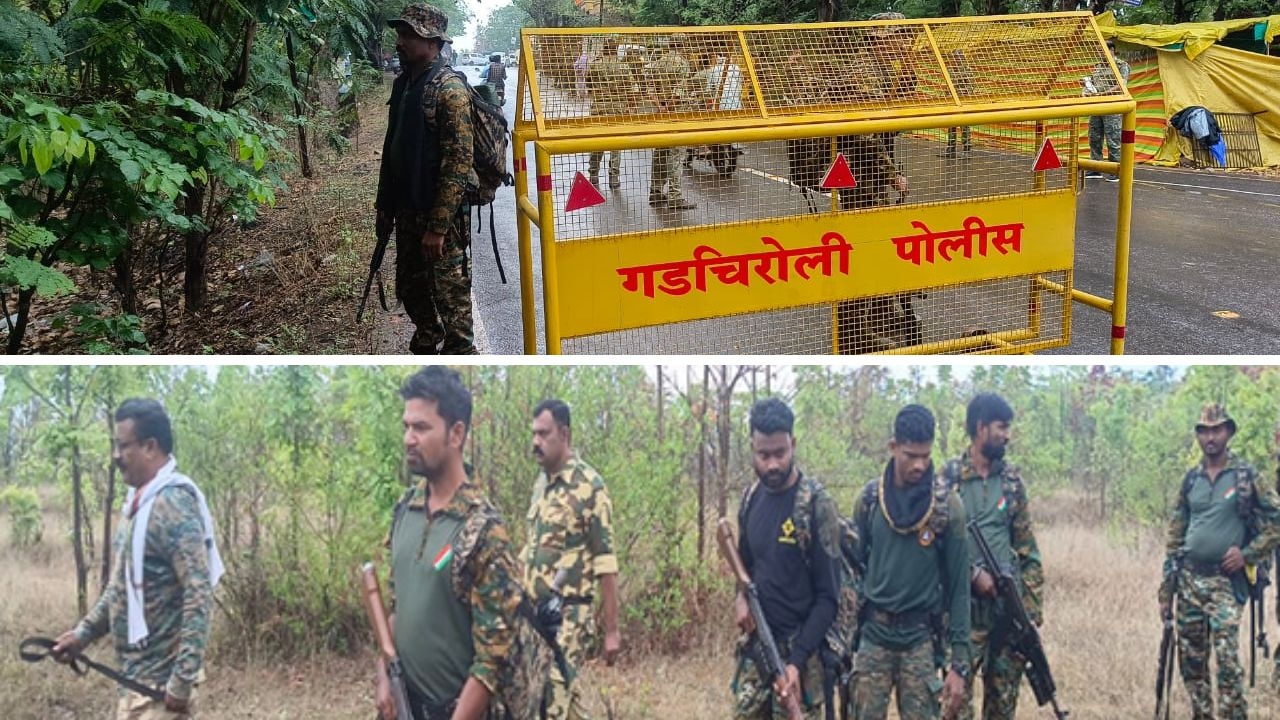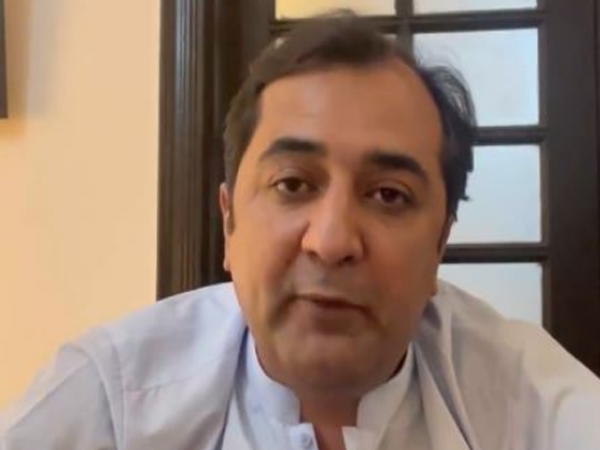
In a move which was not entirely unexpected, Delhi's Juvenile Welfare Board declined to grant bail to the teenager (who is now an adult), who had mowed down a 32-year-old man under the wheels of his Mercedes in Delhi's Civil Lines area.
Here are five quick facts on the case:
1. The Board held that the accused was a repeat offender, and unless he is reformed, releasing him would endanger the lives of many. This statement comes in the light of the fact that the offender has been pretty incorrigible - on three earlier occasions, he had taken out the car illegally, hit people and vehicles, and each time attempted to run away and evade the legal consequences of his actions.
2. The Board also hauled up the offender's parents for being callously negligent; it has now emerged that his father was fully aware of his son's actions and track record, and still allowed him to take the car out for a spin. This is despite being aware that it is illegal for anyone below 18 to drive a car or any other vehicle which has a clutch.
3. The personnel of North Delhi's Civil Lines Police Station, under whose jurisdiction the area of the tragic incident falls, had arrested the father, too. He subsequently managed to secure bail.
4. The inconsolable family of the victim Siddharth Sharma has been steadfast in its demand that the offender, although he was a juvenile on the day of the incident, be tried according to the regular criminal law and not the Juvenile Justice Act. The latter law does not provide for any prison sentence; only a stay in a welfare home for a certain period.
5. The police have booked the offender for culpable homicide and rash and negligent driving. The former is a very serious criminal charge and carries a maximum of a 10-year jail term.
But here lies the catch. The offender attained adulthood four days after the incident. According to the Constitution, it's a person's fundamental right to be prosecuted and tried only according to the law existing at the time of the offence.
In India, no minor can be tried under the usual criminal laws. Therefore, if the offender is prosecuted under the provisions of the Indian Penal Code, it would run into a constitutional hurdle.
First published: 19 April 2016, 19:51 IST






![BJP's Kapil Mishra recreates Shankar Mahadevan’s ‘Breathless’ song to highlight Delhi pollution [WATCH] BJP's Kapil Mishra recreates Shankar Mahadevan’s ‘Breathless’ song to highlight Delhi pollution [WATCH]](http://images.catchnews.com/upload/2022/11/03/kapil-mishra_240884_300x172.png)

![Anupam Kher shares pictures of his toned body on 67th birthday [MUST SEE] Anupam Kher shares pictures of his toned body on 67th birthday [MUST SEE]](http://images.catchnews.com/upload/2022/03/07/Anupam_kher_231145_300x172.jpg)






